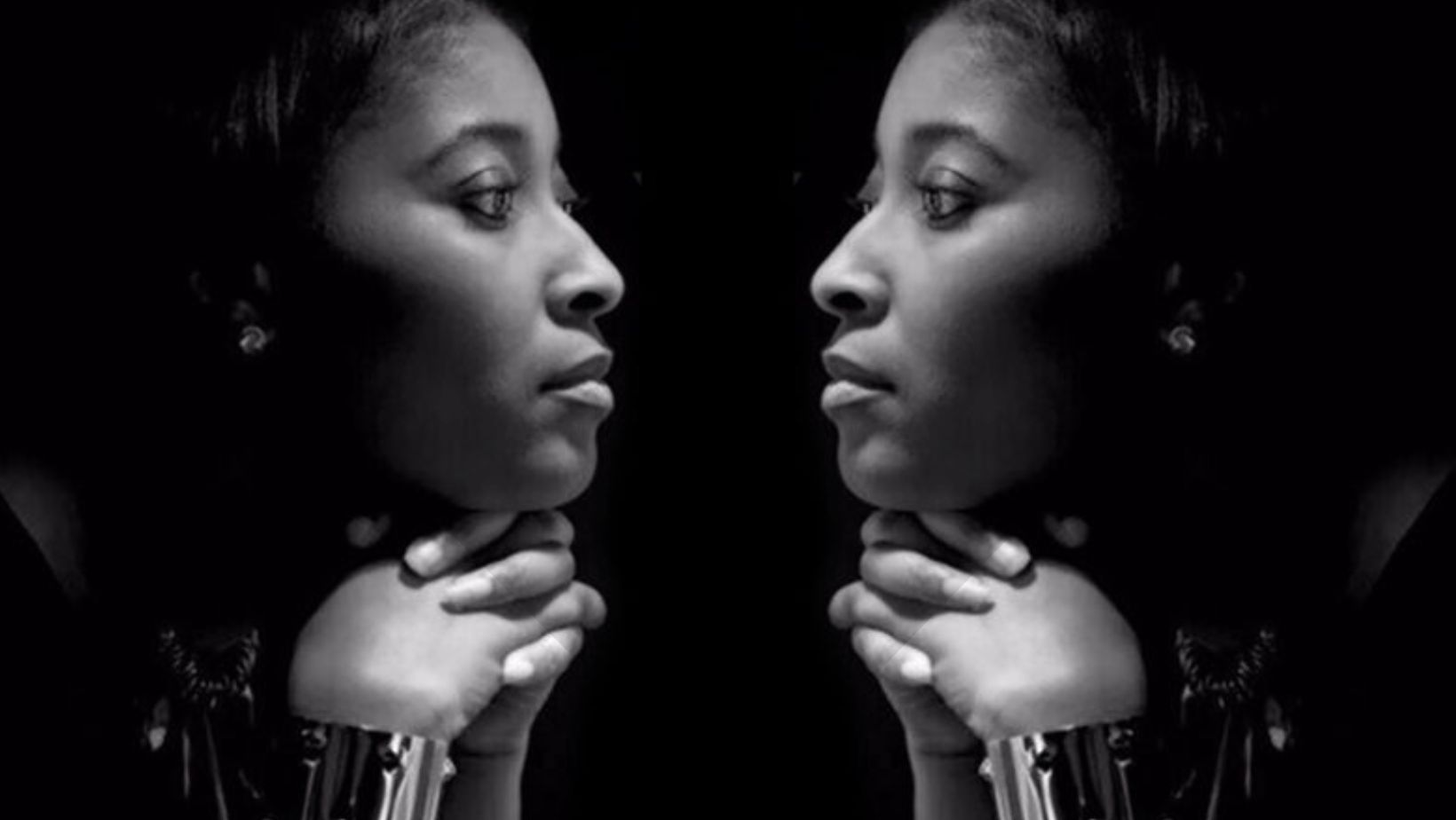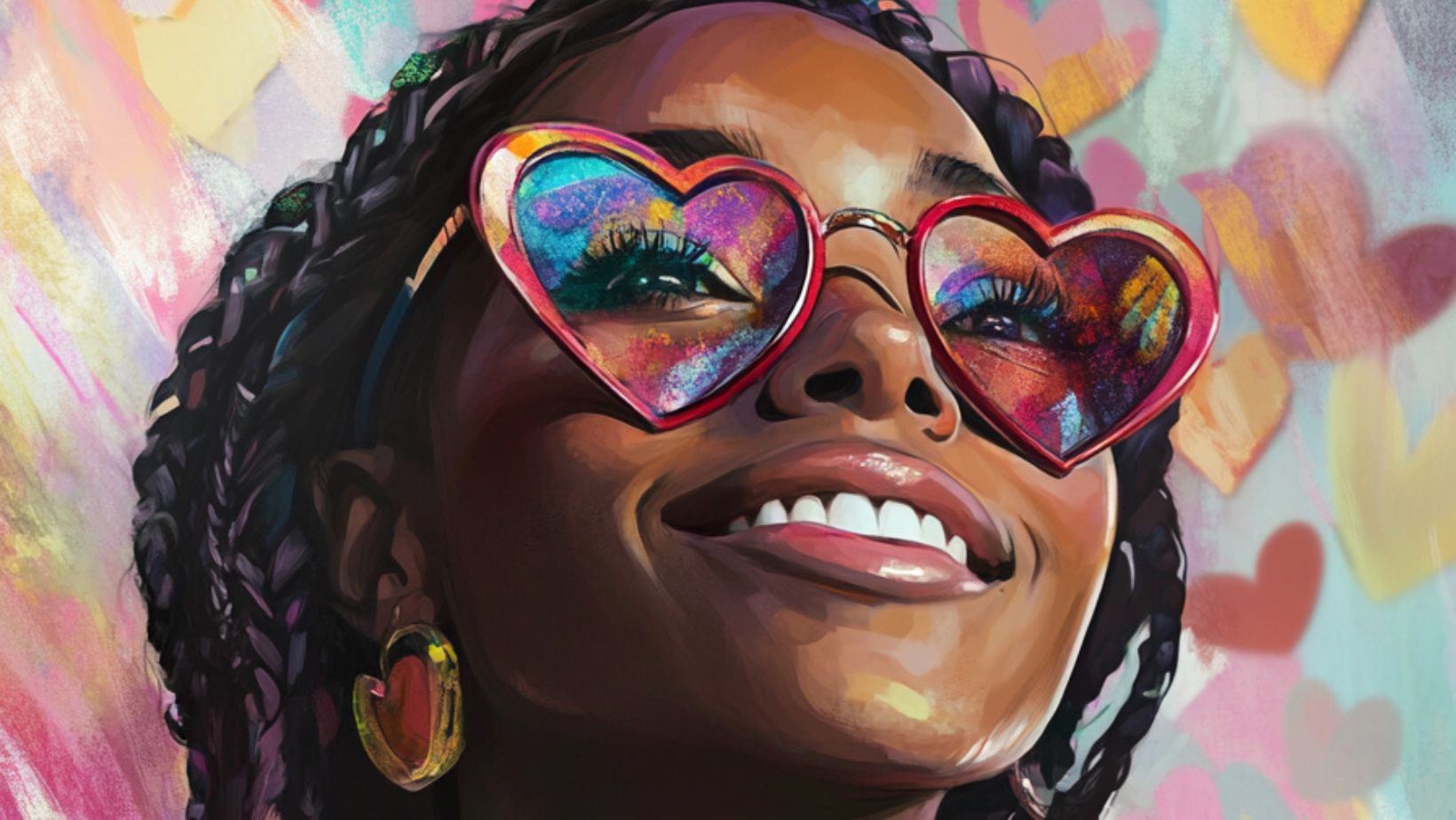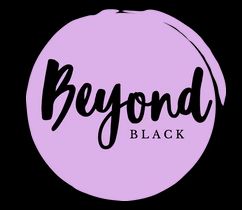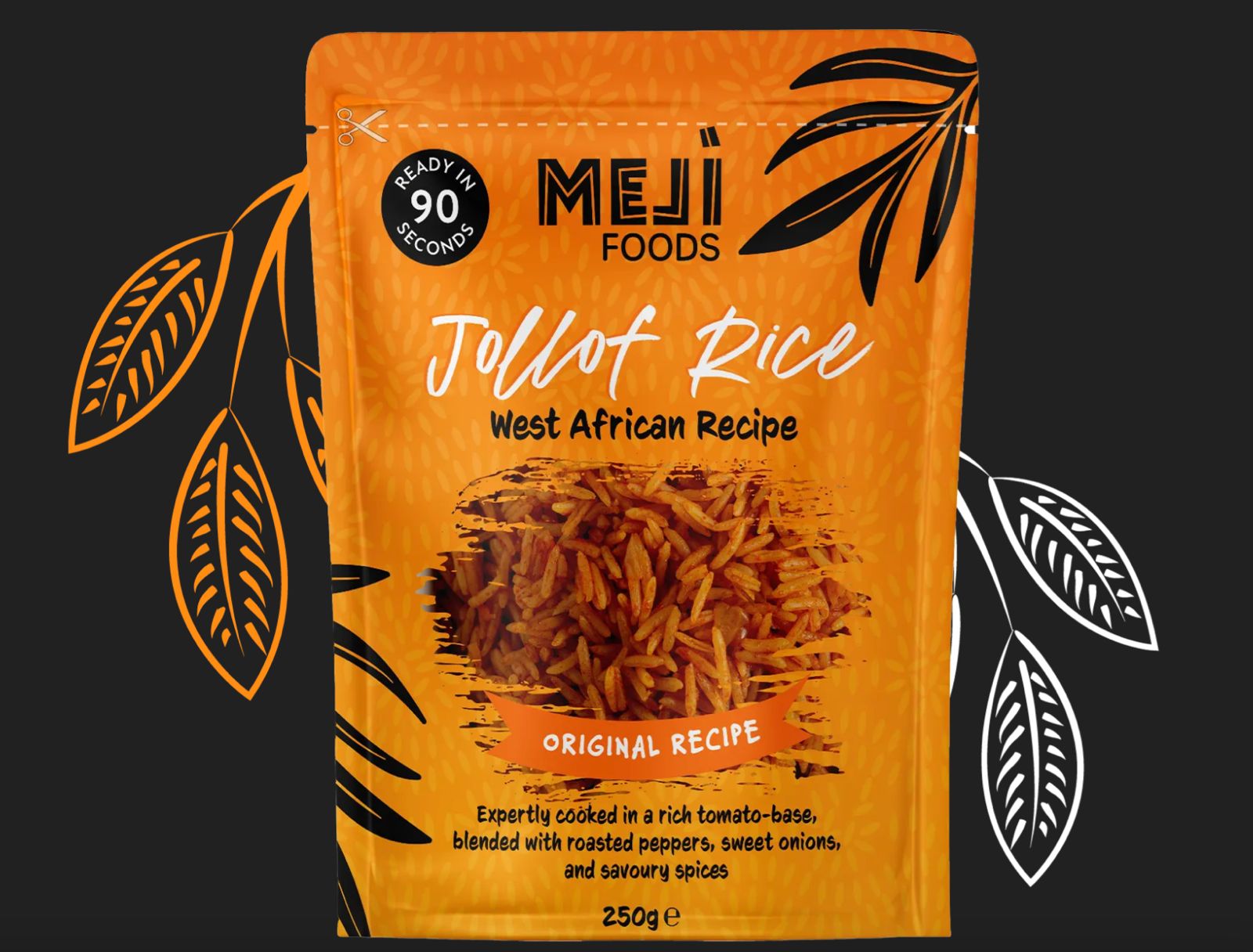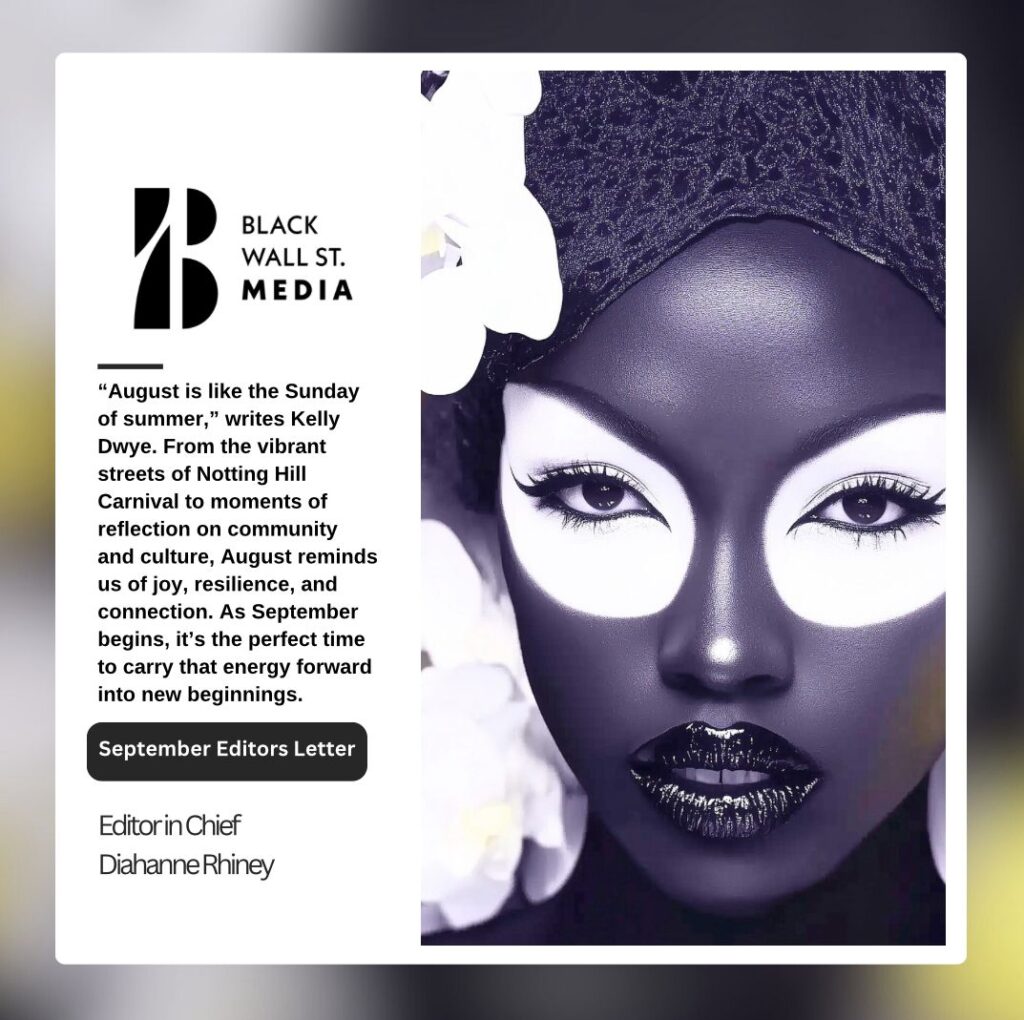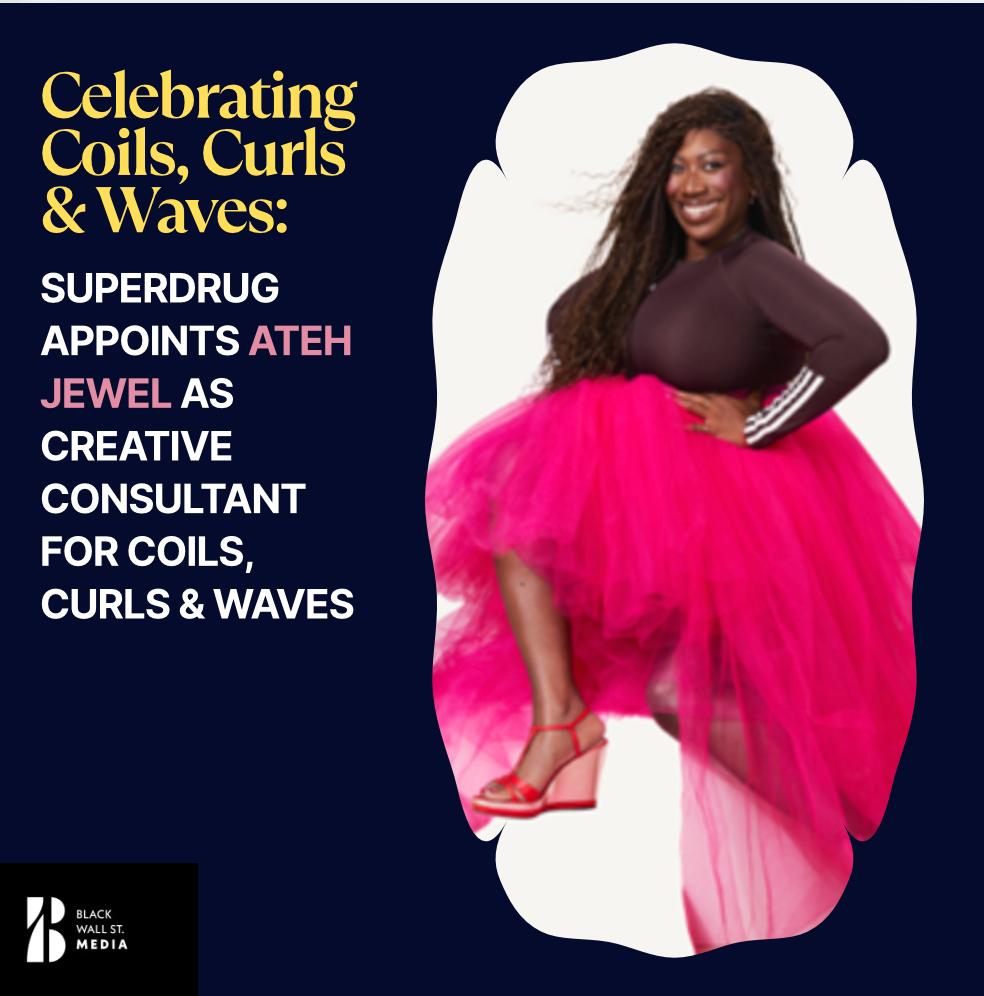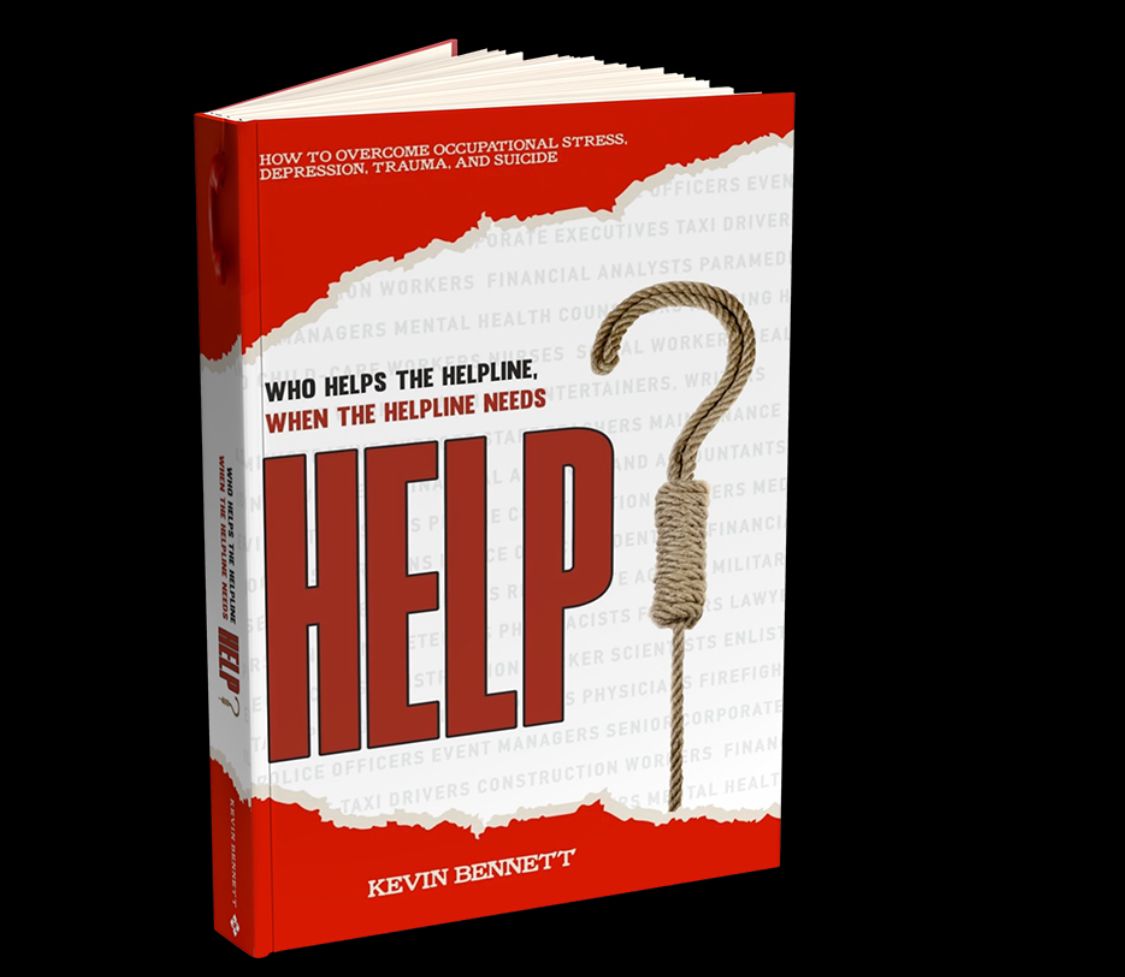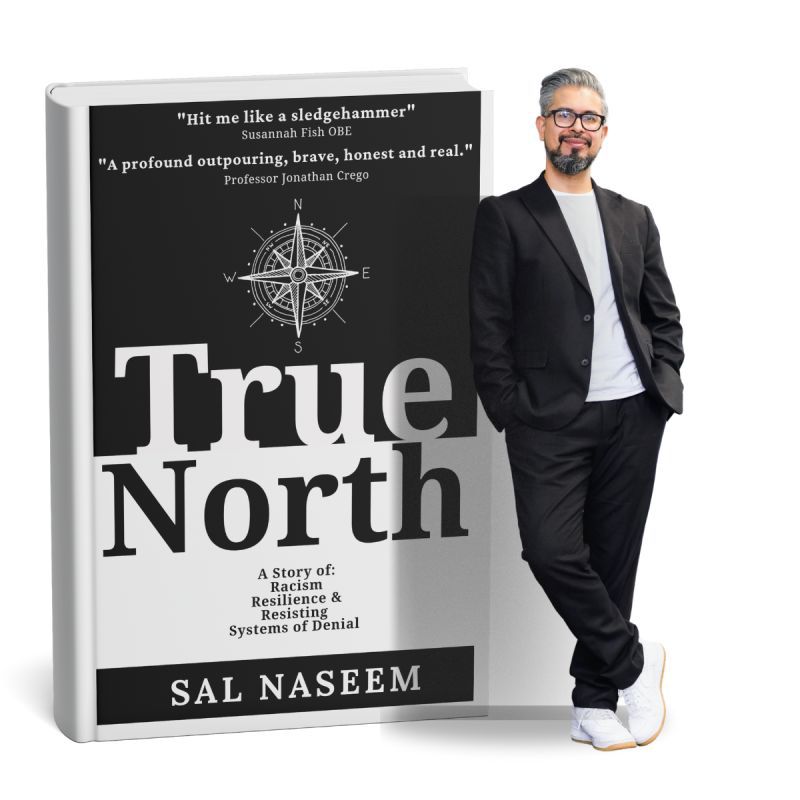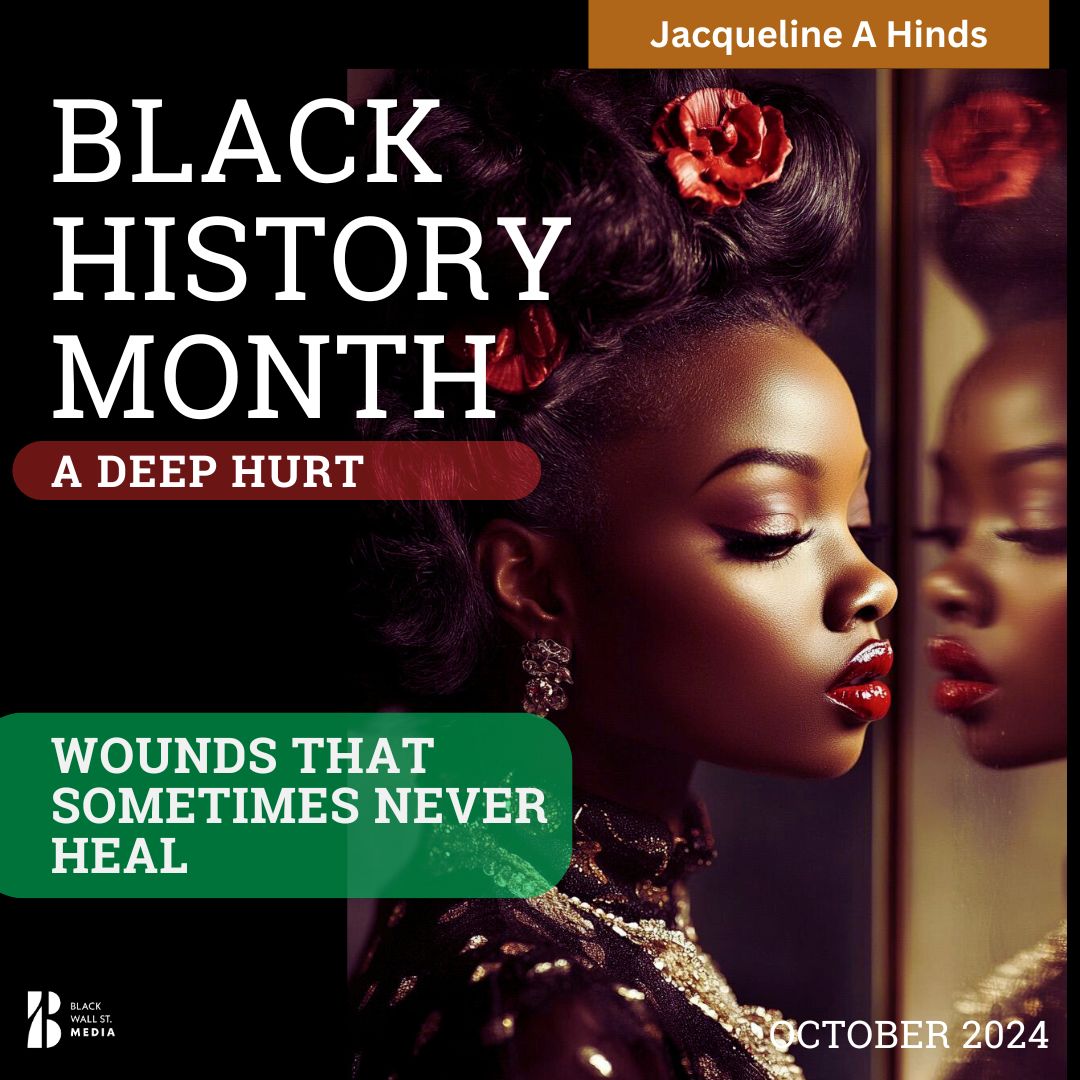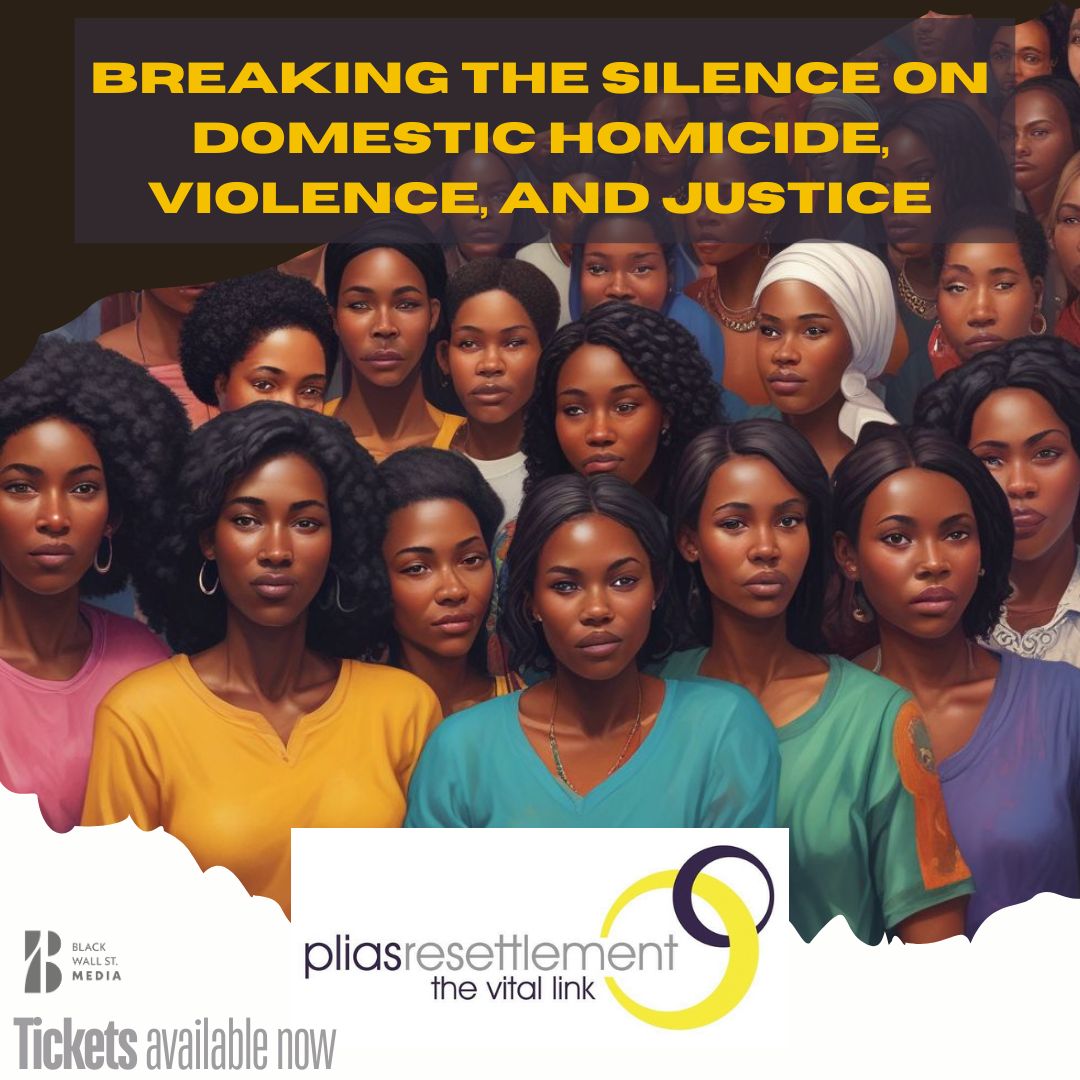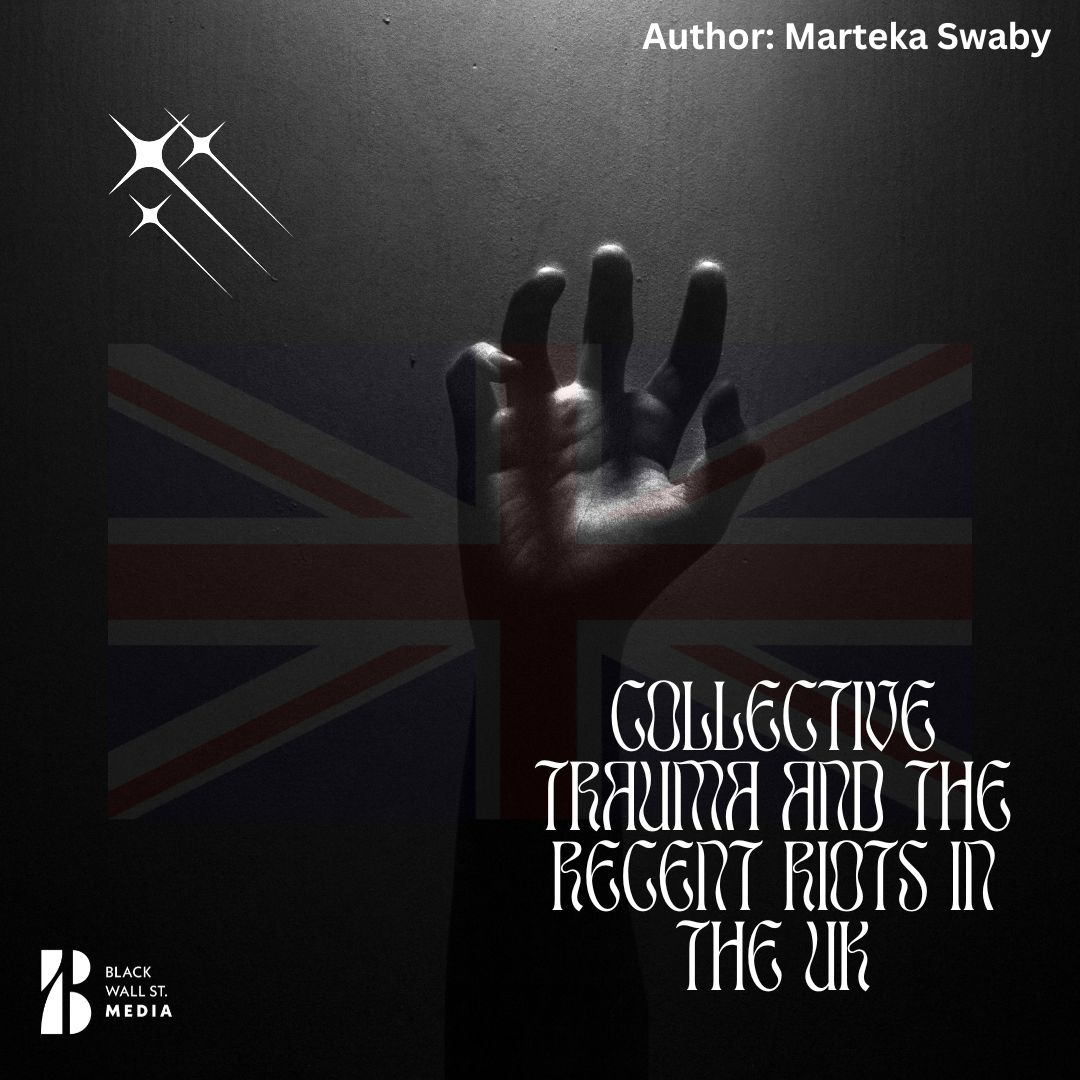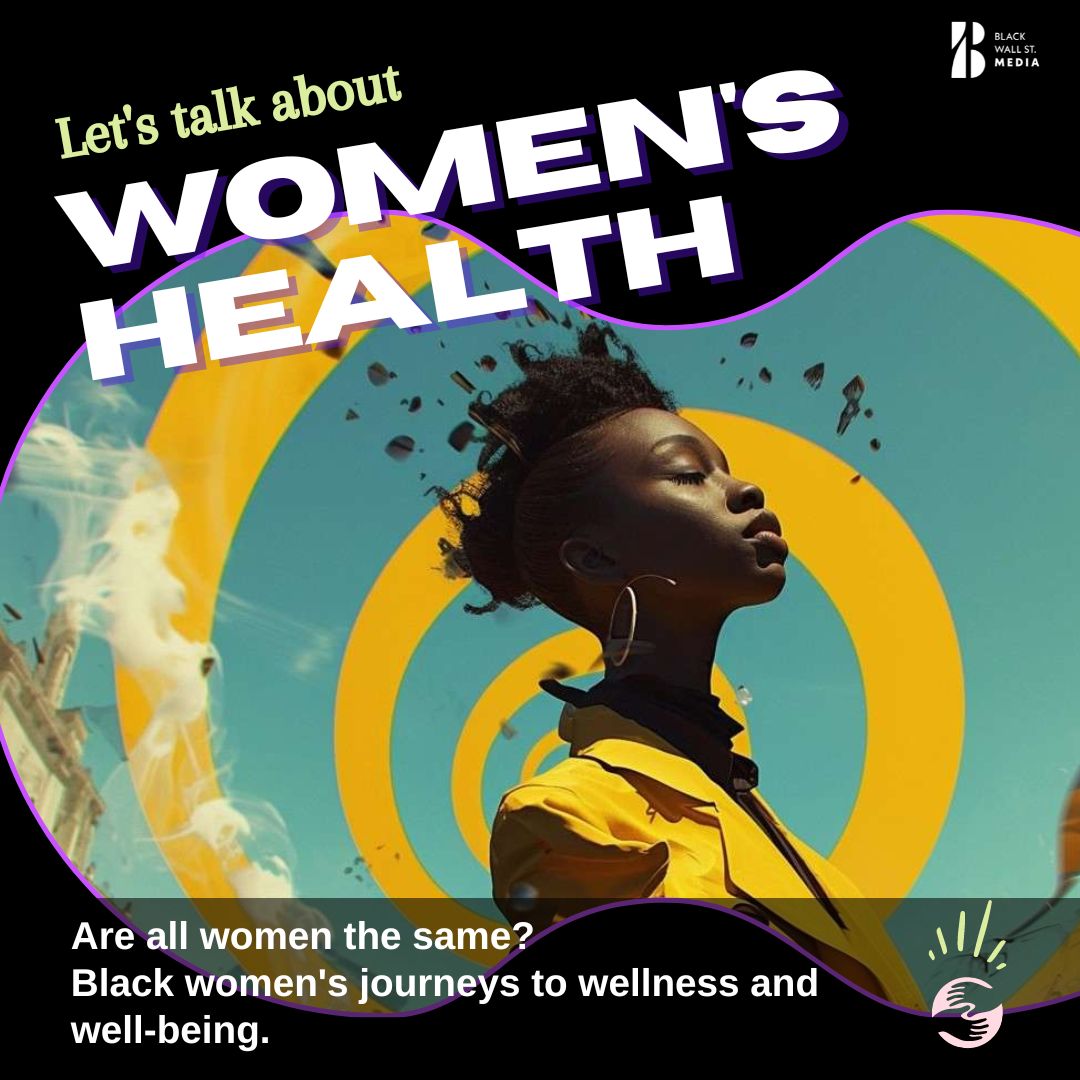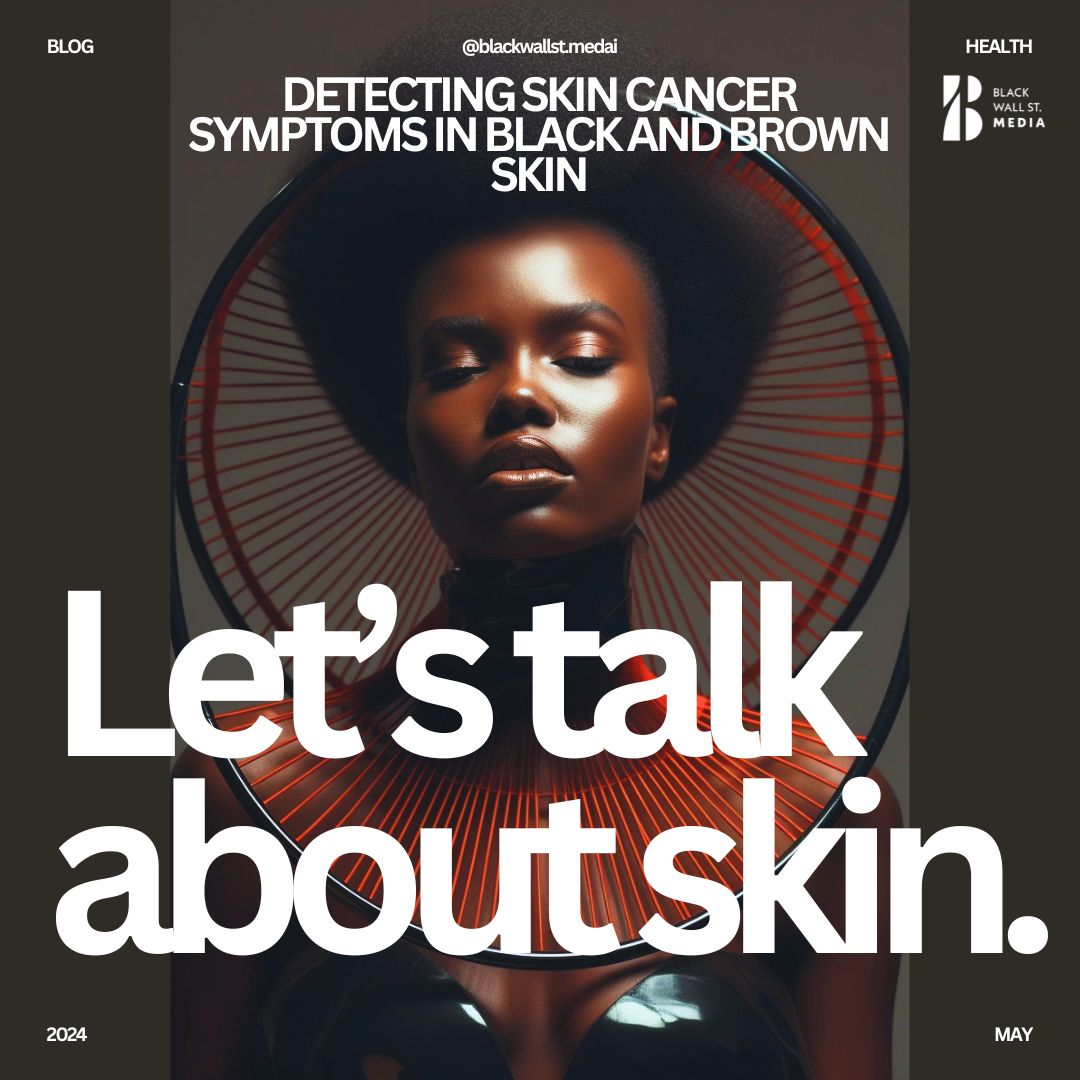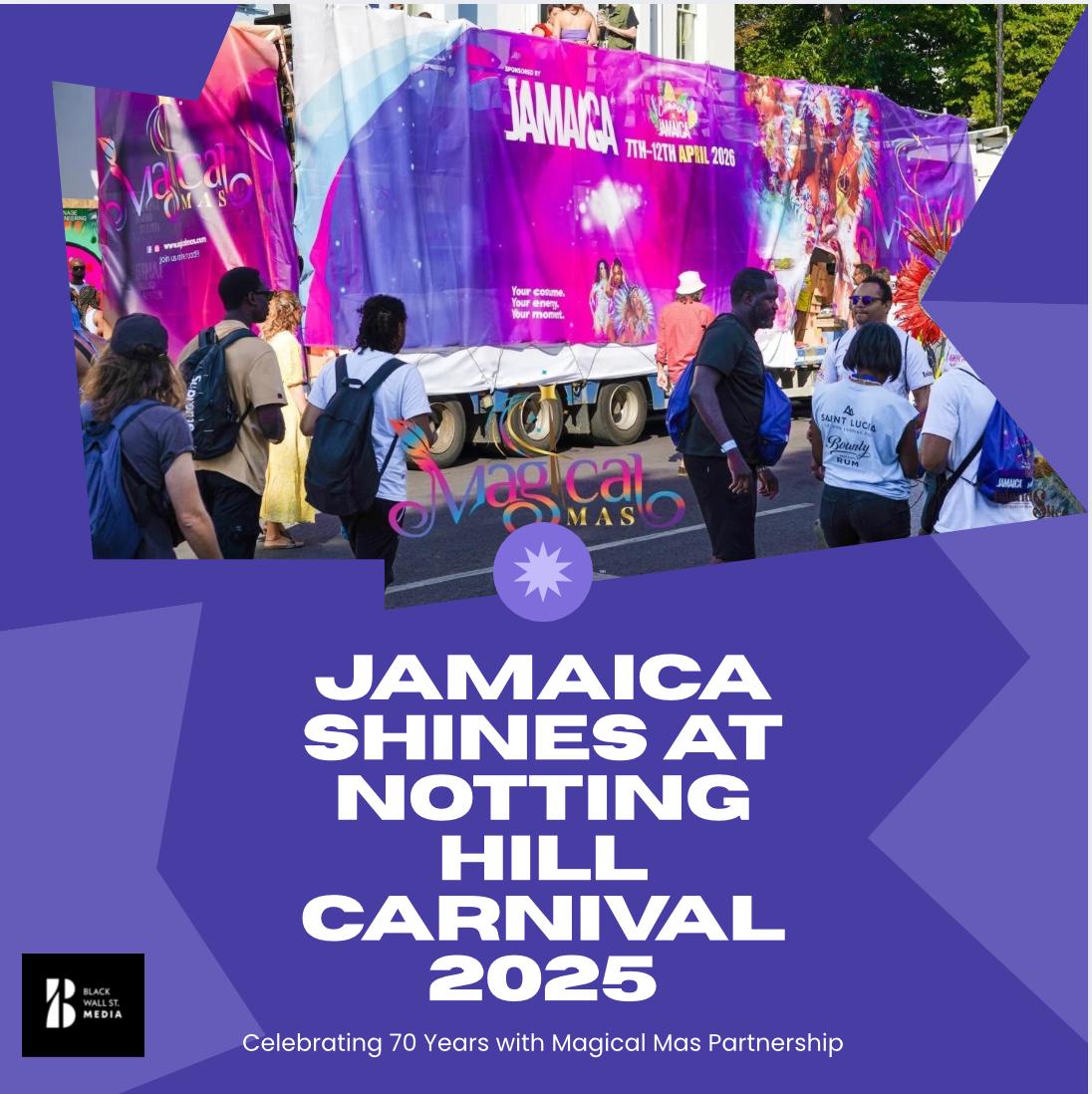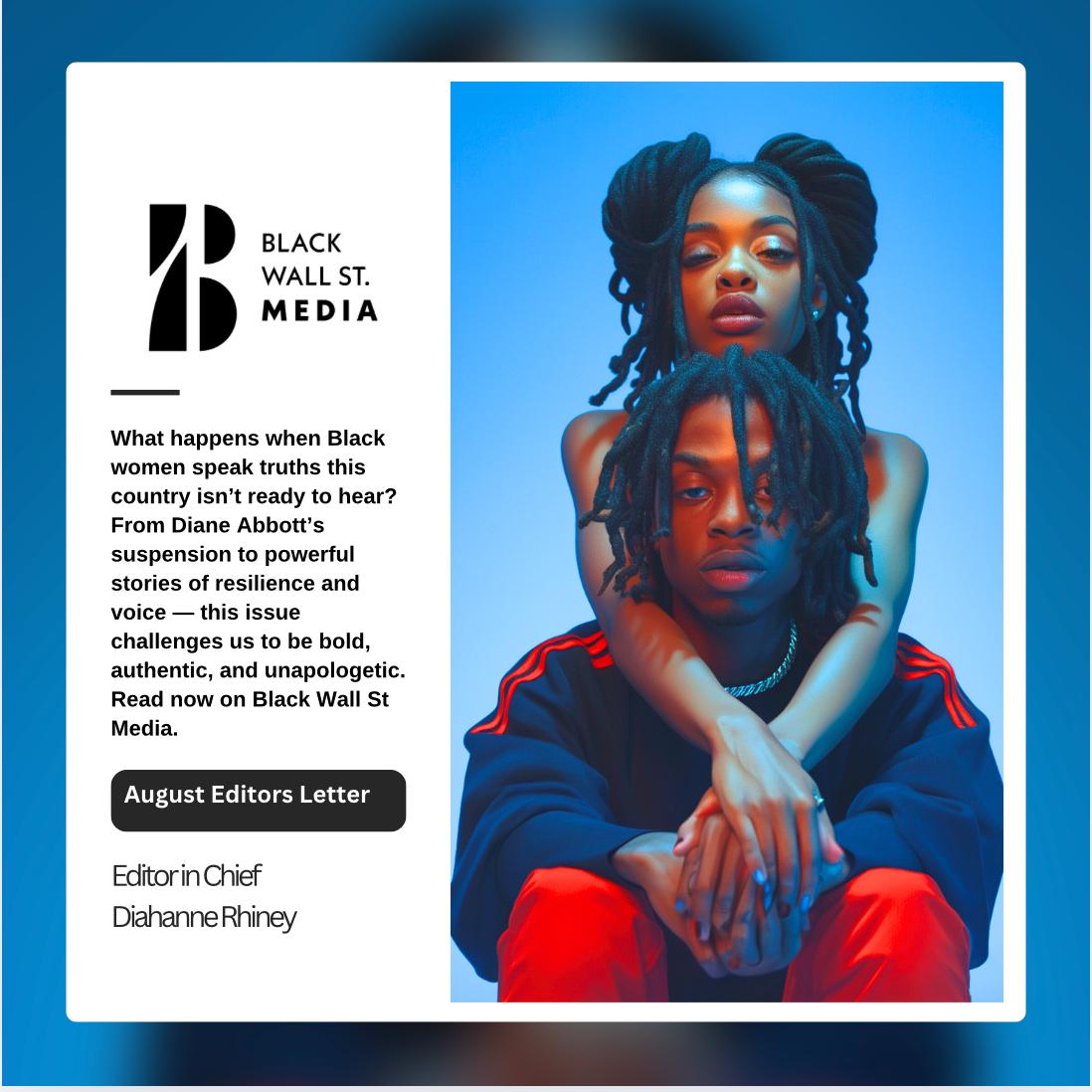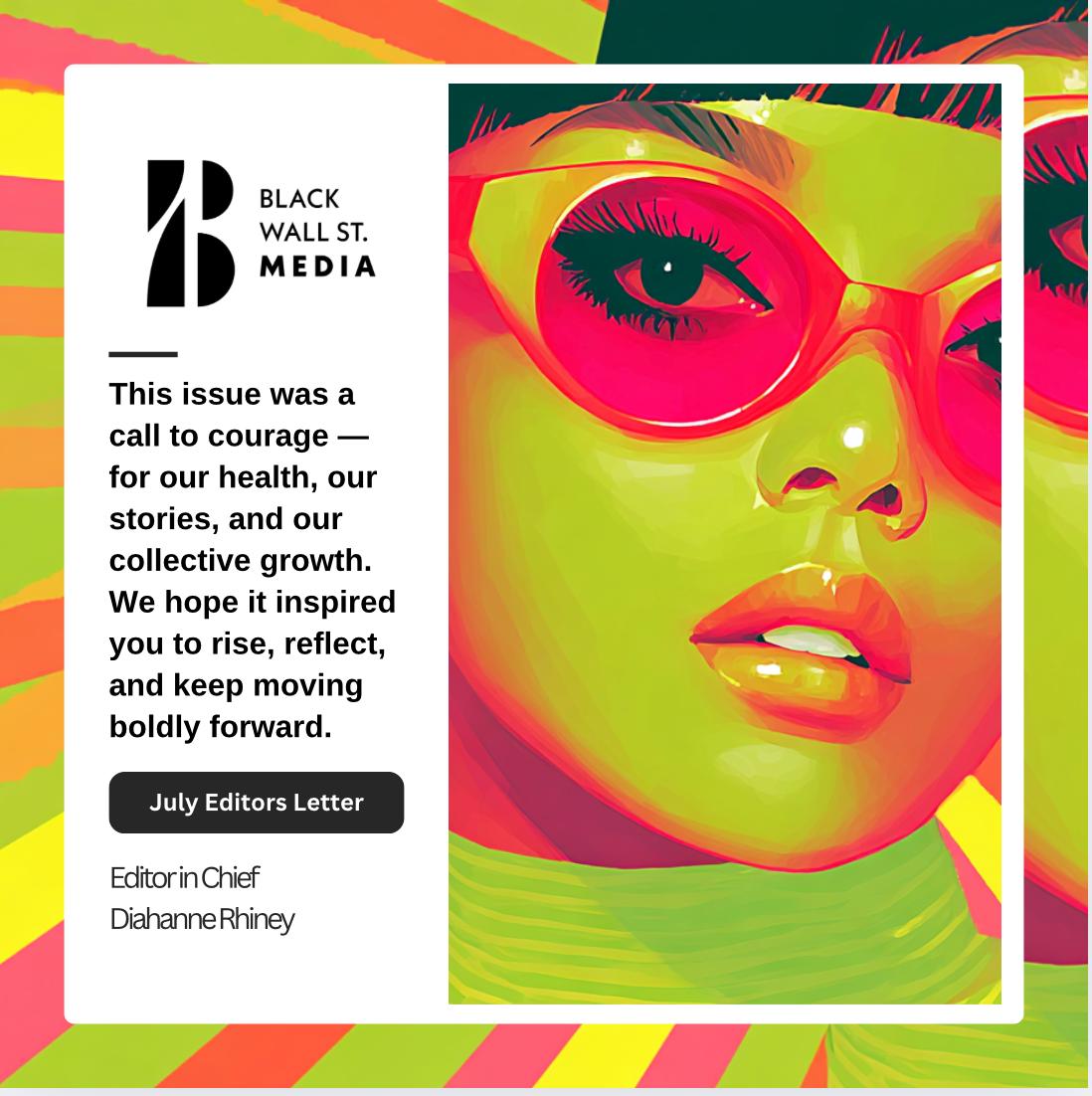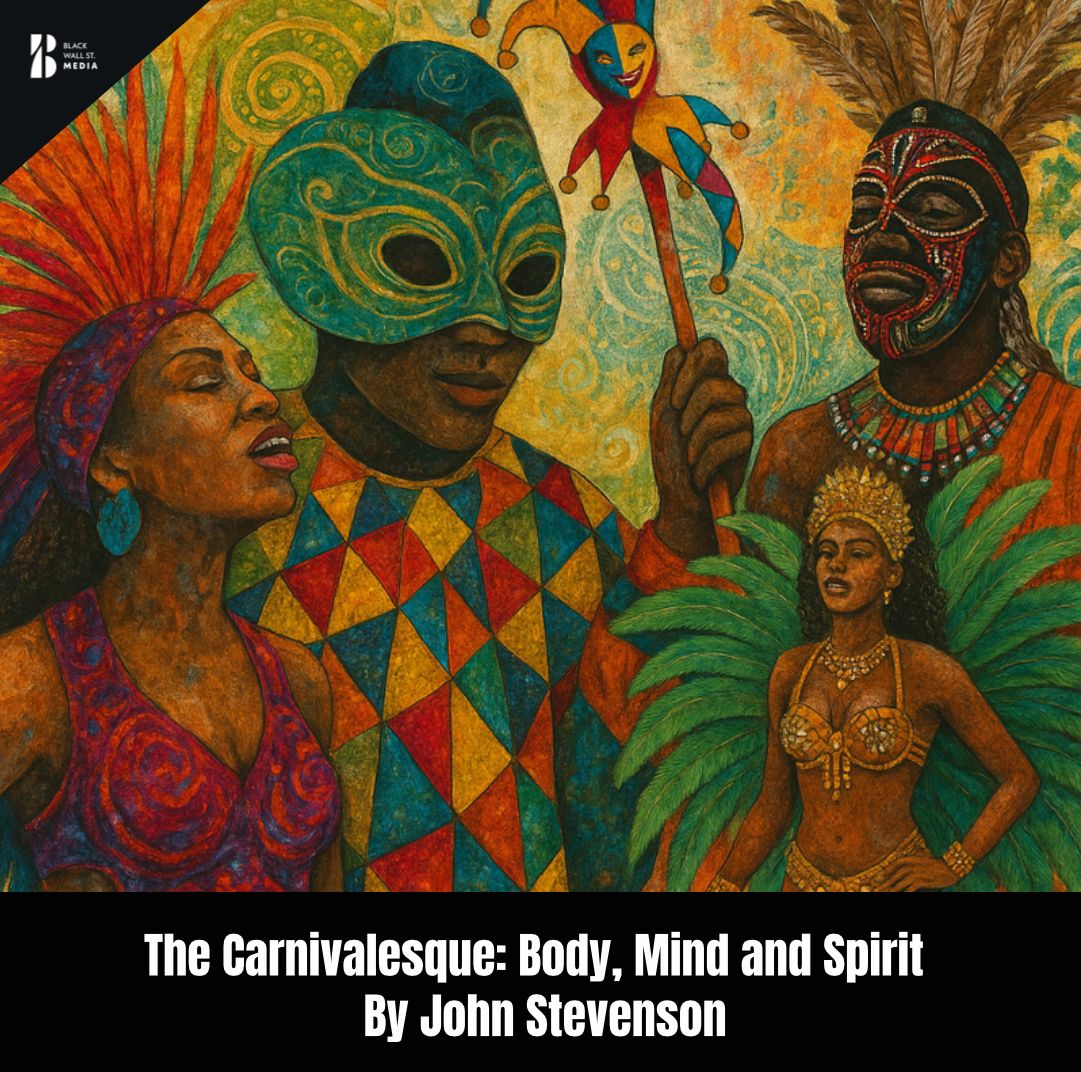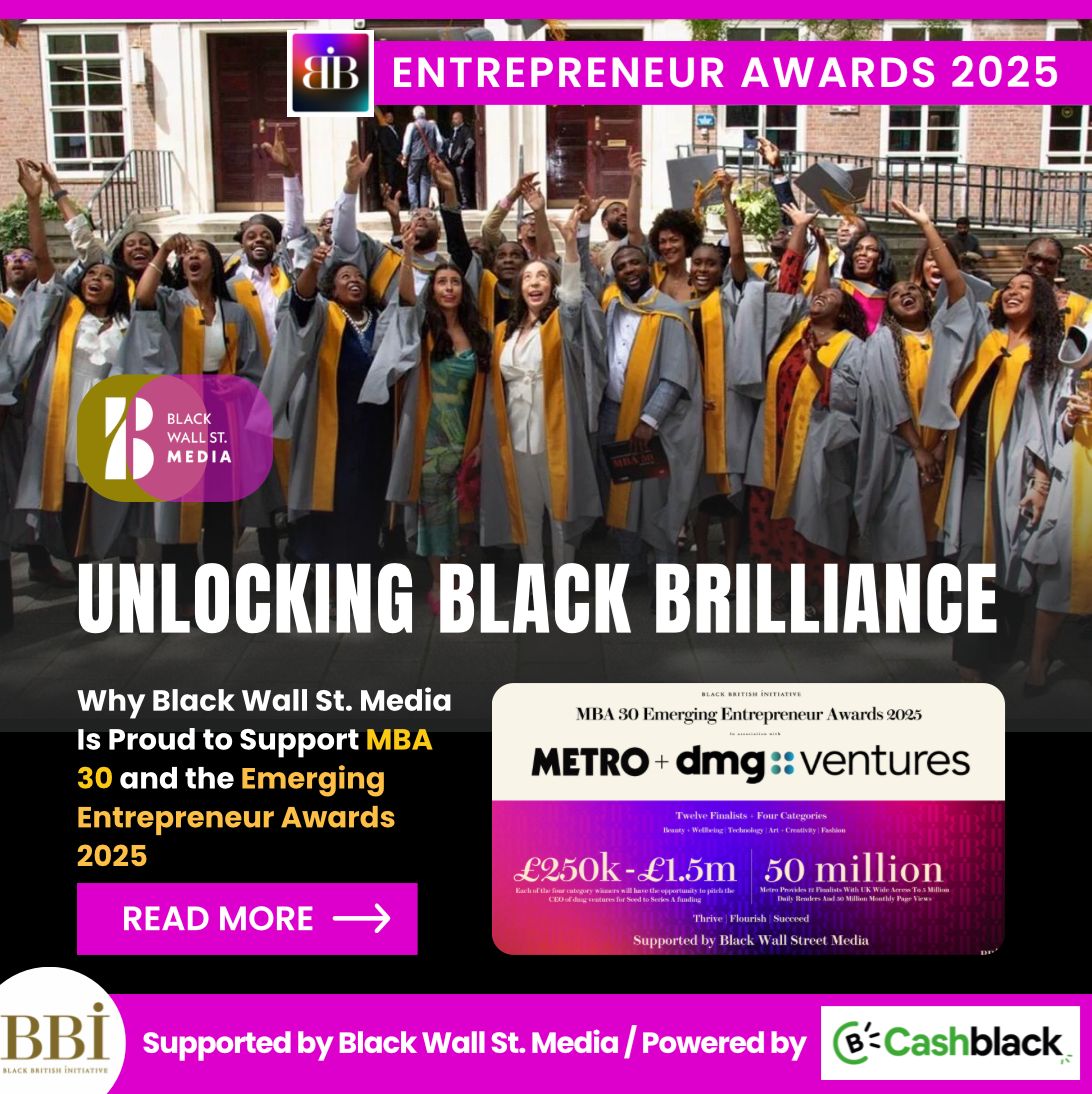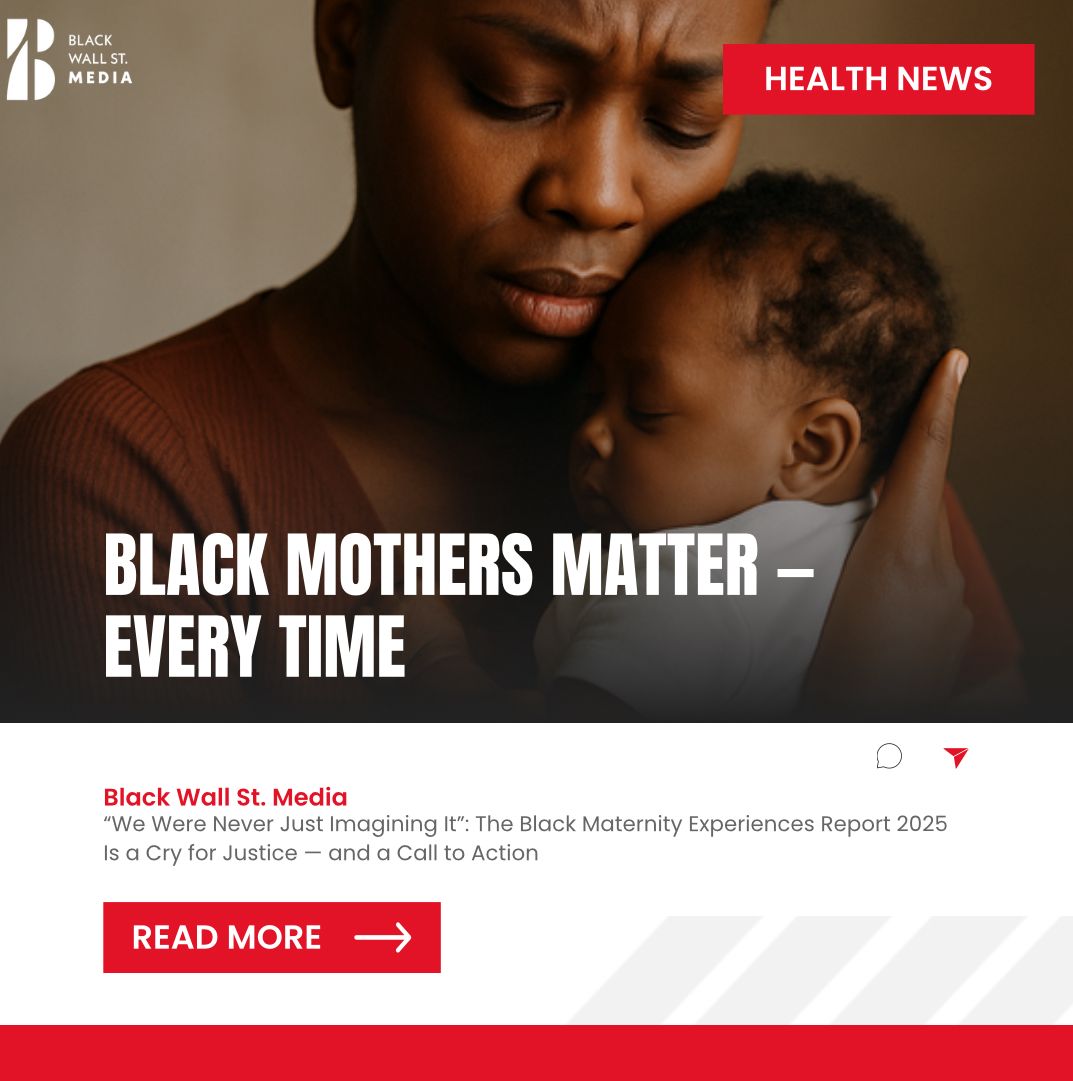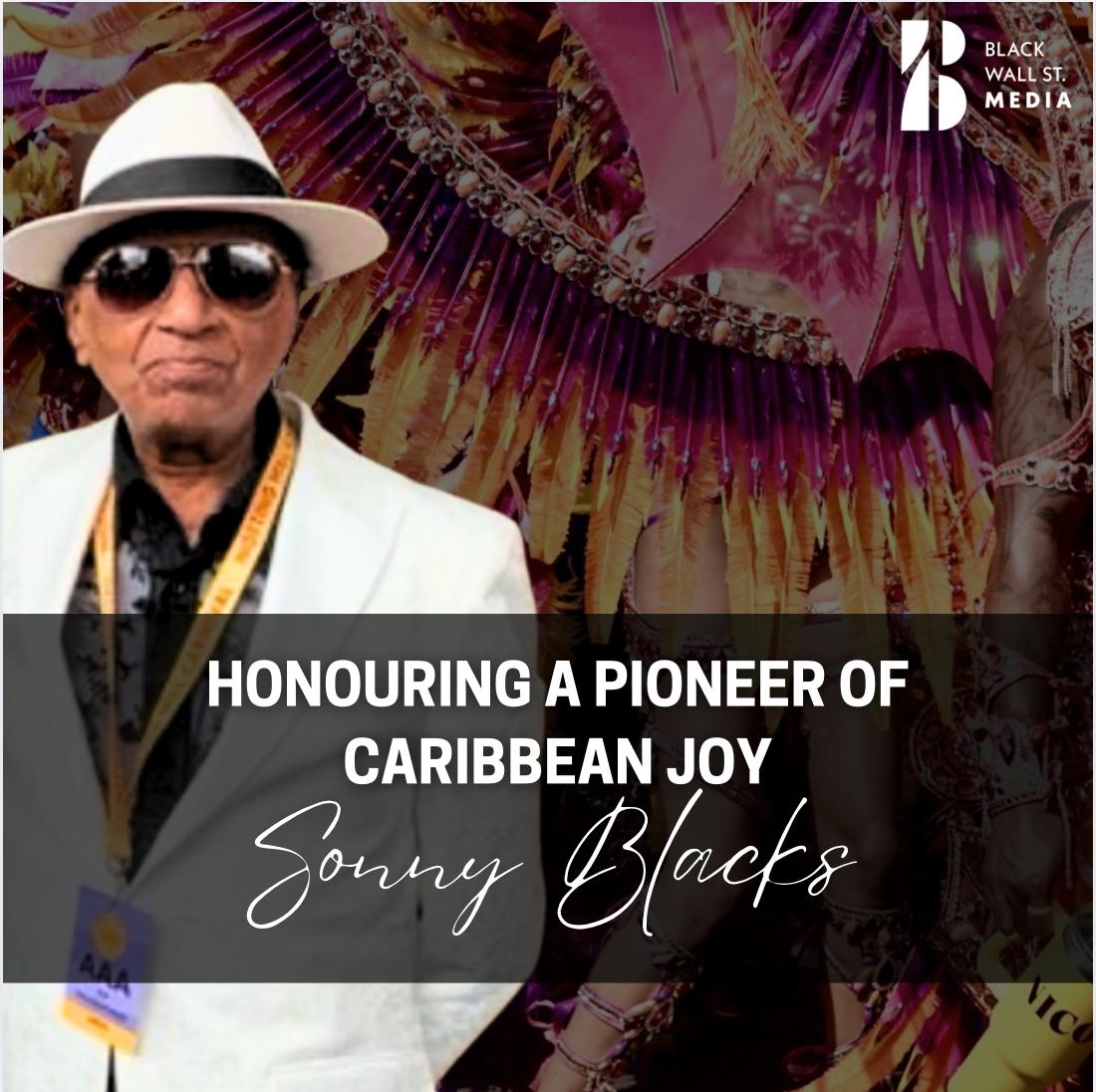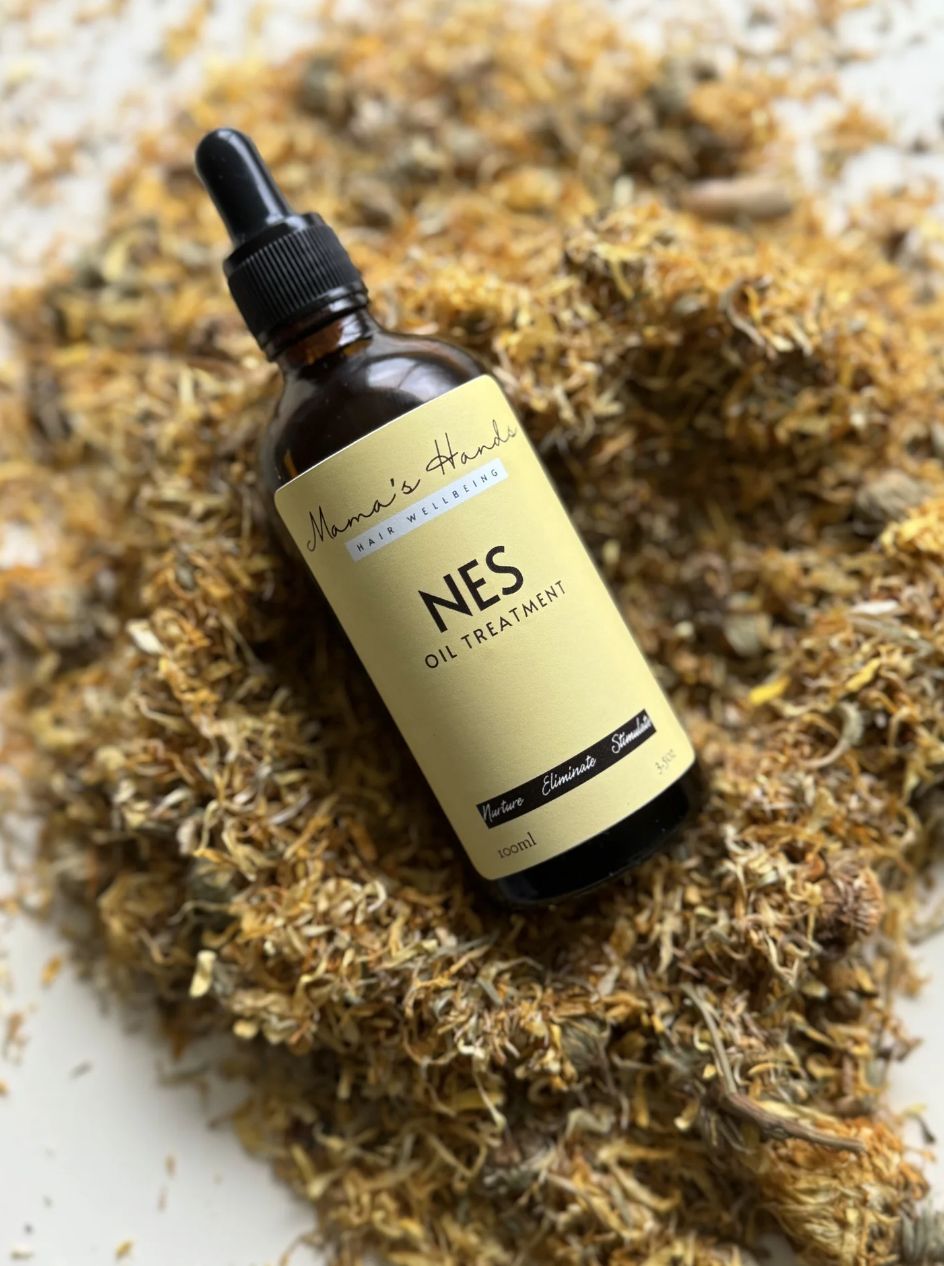Women’s Health & Wellness
Single or Not: The Realities of Life & Love for Black Women Over 50
“Dating? Marriage? Self-love? Navigating life after 50 is a journey like no other. From shifting societal norms to the power of choosing YOU, this article dives deep into the joys and challenges Black women face in love, life, and everything in between.
Ready to change the narrative? Read now!”
Dr Diahanne RhineyEditor in Chief
As we journey through life, the transitions we face as women can often feel like uncharted territory.
For Black women over 50, this phase of life is particularly complex and is marked by various physical, emotional, and relational changes that simply aren’t talked about enough. In a world that often overlooks us, we face so much, from societal expectations and dating dynamics to the process self-discovery as we change.
When I hit the 50th year of life, I realised that I had no idea what being 50 was supposed to look like. A key reason was that being 50 in the 21st century is so different from what my parents and grandparents 50 was like. If we go back 50 years, the life stages for Black women were more predictable. Now, we marry later, have kids later, or none at all, get divorced, change jobs and more. Our experiences are more varied. As challenging as it might be to navigate at times, women over 50 are changing the narrative of what it means to age. The question is how do we work on changing the narrative whilst navigating relationships?
65% of British black Caribbean women are single, 59% have never married.
There it is in black and white, the statistic that poses so many talking points. One of the most common challenges faced by single Black women in this age group is navigating the dating landscape. Let’s be real: dating be it person or online can feel like chaos at times.
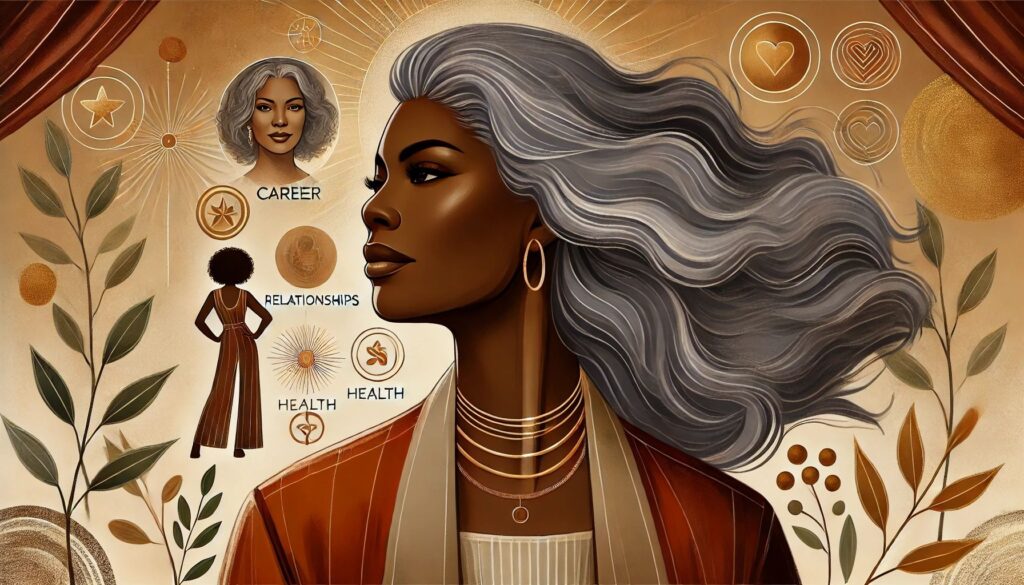
The odds are stacked against Black women in the modern dating world. Belinda Robnett and Cynthia Feliciano’s 2011 study out of the University of California Irvine revealed that Black women were least preferred among White, Asian and Latino women for interracial dating. They also noted that in selecting a potential date, “…white men, black men, Latinos and Asian males are all more likely to exclude black women than their female counterparts are to exclude black men.
Cultural expectations can also weigh heavily. The Afro-Caribbean community tends to push narratives that prioritise marriage and family, often leaving single women feeling like they’re somehow missing out.
That’s not to say black women over 50 are victims. Many tell me that living the single life is full of opportunities for growth, self-discovery, and empowerment. It’s important to recognise Black women’s choices in their single status, too. Sometimes they choose to be single.
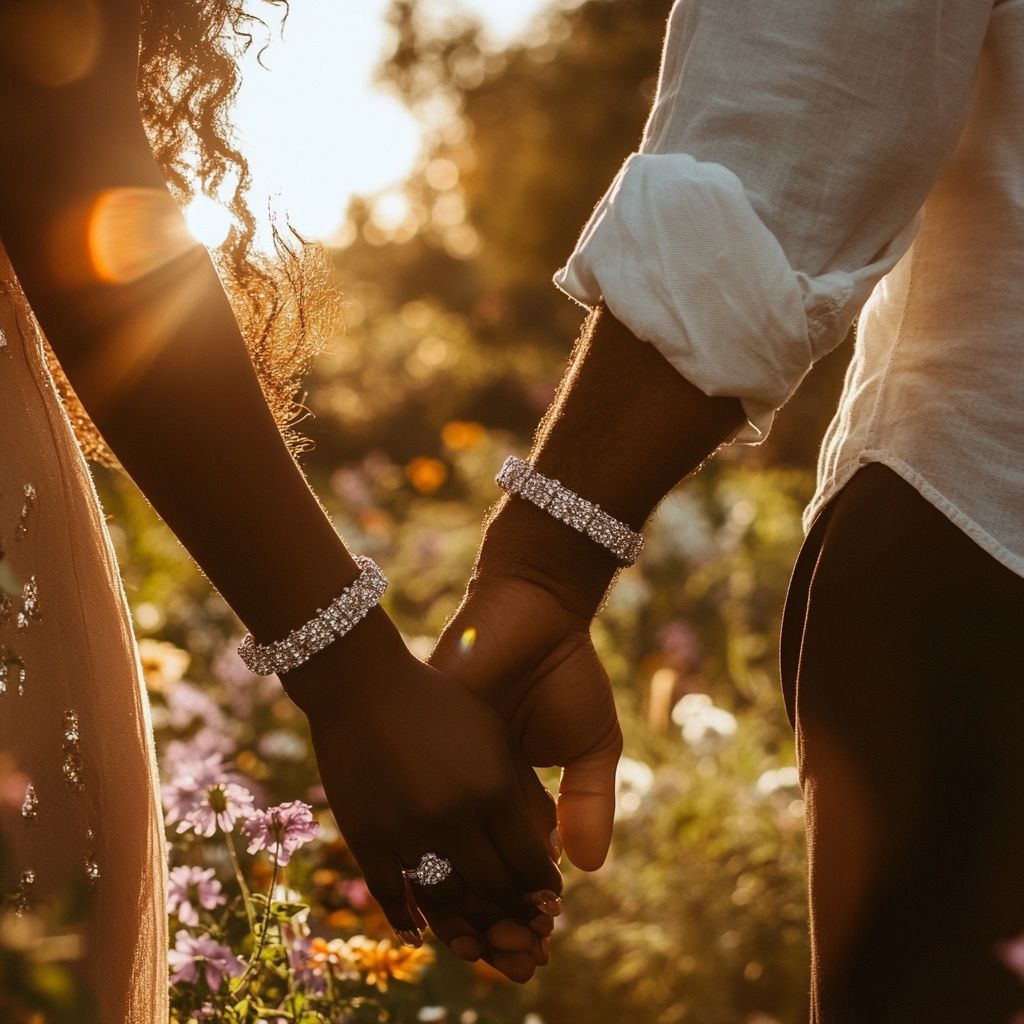
Even if they want to marry eventually, these women often lead a purposeful single life in which they pursue goals that are important to them. They want to enjoy life at their own pace under their own steam. It’s also important to add that by being single, many women feel that they are more likely to be safe from domestic violence and instability, which is a conversation that we’re not having enough of.
Black women are more likely to experience repeat victimisation, with 35% of Black women who experience domestic abuse experiencing it more than once. Is it any wonder that some women simply give up on finding their peace in the arms of a significant other?
Single or not, the realities are there. Many of us have spent decades nurturing our families, breaking barriers in our careers, and advocating for our communities, yet we often find ourselves navigating a landscape marked by ageism, health disparities, and economic inequality. The intersectionality of race and gender can create obstacles.
Being single at 50 has its joys and as it’s challenges but as we all know by the time we reach 50, so does being in a relationship. The menopause is a major player in relationships over 50.
Studies suggest that Black women may experience menopause differently than women from other racial and ethnic backgrounds, often facing more intense symptoms such as hot flashes, mood swings, and sleep disturbances. These changes can significantly impact sexual health and desire. On top of this, there are the physical changes we experience with the changes to our health.
Factors like the “sandwich generation” which is the stress of caring for aging parents while still raising children, potential career shifts, can also contribute to difficulties in marriage at this stage of life. For empty nesters, navigating a marriage without the children in the house can be tough, and for those who now start a family later whilst managing decreasing energy levels there is a whole different set of challenges!
It’s no wonder then that in the UK, around 30% of divorces each year involve couples over the age of 50, known as “grey divorce”.
I believe the solution lies in learning to love ourselves and who we are becoming, even if that feels alien to who we feel the 50+ version of ourselves to be. I believe it’s time for a heartfelt call to action to embrace self-love. So often, we find ourselves seeking validation and affection from others, only to feel lost when it doesn’t come our way.
The good news is whether we’re single, married or in the middle of a divorce, we can shift that focus inward!
Self-love is all about tuning into our true feelings, understanding (and prioritising) our needs, and recognising our purpose. It’s about loving who we are as women and setting those healthy boundaries that allow us to thrive. Let’s remind ourselves that we are wonderfully unique, perfectly imperfect, and lovable just the way we are. The practises we develop now, can spark change not just for ourselves, but for the generations to come.
After all, the most important relationship we’ll ever have is the one with ourselves.
